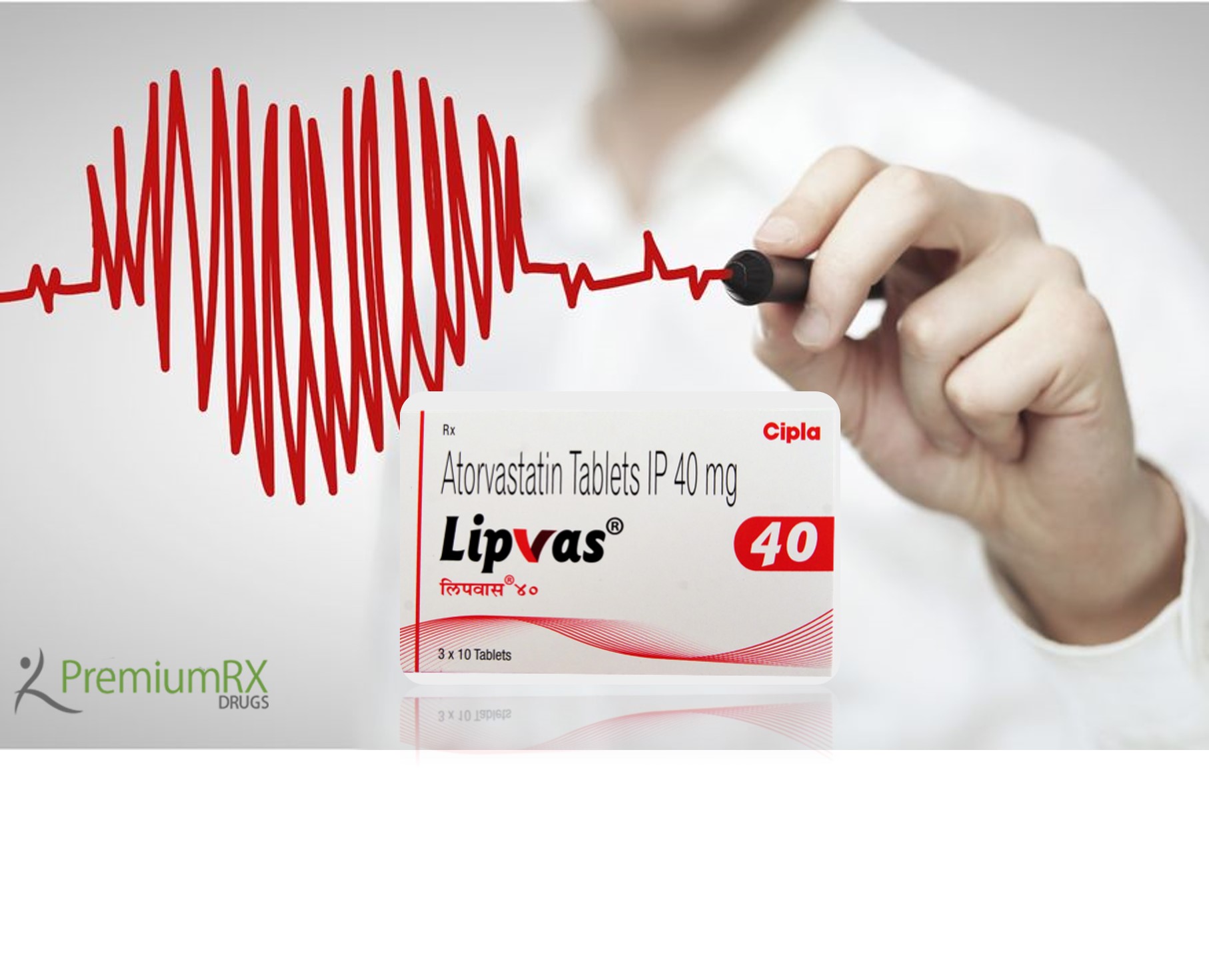Cholesterol is a waxy and oil-based substance found in your blood. Cholesterol is good and bad both, our body needs it to build healthy cells. It is an essential substance for the body if found at a normal level. High cholesterol is like a silent killer that puts people’s lives at risk in the form of heart attack and another heart disease. Cholesterol is present in every cell of the body and plays an important function when it comes to digest food, generating vitamin D, and producing hormones. Our body produces it naturally, and people also consume it in the form of food.
In the case of high cholesterol, the body can develop fatty deposits in the blood vessels, and these deposits make difficult enough for blood to flow through arteries. This deposit fat can break suddenly and form a clot that can cause a stroke or heart attack.
High cholesterol can be inherited, but most of the time it is a result of following an unhealthy lifestyle. High cholesterol is a preventable and treatable condition with the right approach. Regular exercise, brisk walk, healthy diet, and sometimes medication help reduce the high cholesterol level.
The Symptoms of High Cholesterol
High cholesterol has no symptoms. This can be detected only through a blood test. On the basis of the test report, your doctor will start your treatment accordingly.
The Causes of High Cholesterol
The combination of proteins and cholesterol is called lipoprotein. Your blood carries the cholesterol attached to proteins. The cholesterol is mainly of two types and they are:
- LDL (Low-density Lipoprotein) – LDL also called bad cholesterol, transports the cholesterol particles throughout your body. Bad cholesterol builds up in your arteries, and this makes them narrow and hard.
- HDL (High-density Lipoprotein) – HDL also called good cholesterol, it picks up the excess quantity of cholesterol and takes it back to your liver.
Factors that contribute to High Cholesterol
There are many factors that contribute to making your cholesterol high. Some of them are: inactivity, unhealthy diet, obesity, age, diabetes, bad food habits, and smoking contribute to high cholesterol or low HDL cholesterol. Some of the factors beyond your control might play a role too. For example, your genetic for family history might keep cells from removing bad cholesterol from your blood efficiently or cause your liver to produce too much cholesterol.
Complications
High cholesterol can cause a dangerous accumulation of cholesterol and other deposits on the walls of your arteries. These deposits (fat/plaques) reduces the blood flow through arteries, which can cause complications like:
1. Chest Pain – Arteries supply blood to our heart, if the arteries are affected, you might have chest pain or angina and other symptoms of coronary artery disease.
2. Heart Attack – If plaques breach or tear, this could create a blood clot and will lead to blocking the blood flow and plugging an artery downstream. When blood flow parts, your heart stops working, and you’ll likely to have a heart attack.
3. Stroke – Likewise the heart attack, a stroke occurs when a blood clot blocks or disturb blood flow to part of your brain.
Prevention
Healthy lifestyle changes can lower the level of high cholesterol. This way you can also prevent having high cholesterol in future. To prevent high cholesterol level, you should:
- Eat a low-salt diet that emphasizes fruits, vegetables, and whole grains
- Limit the number of animal fats and use good fats in moderation
- Lose extra pounds and maintain a healthy weight
- Quit smoking
- Exercise on most days of the week for at least 30 minutes
- Drink alcohol in moderation, if at all
- Manage stress
You can buy High cholesterol statin Atorvastatin Online like Lipitor, generic Lipitor, Atova Manage your cholesterol and reduce your risk of heart attack and stroke
Marie
Latest posts by Marie (see all)
- Revize Micro Gel 0.025% | Uses, Price, Side effects - April 9, 2025
- What is Evalon Cream: How to Apply, Benefit, who Can Use - April 4, 2025
- Understanding Avanair 200 mg: A Comprehensive Guide - April 4, 2025




